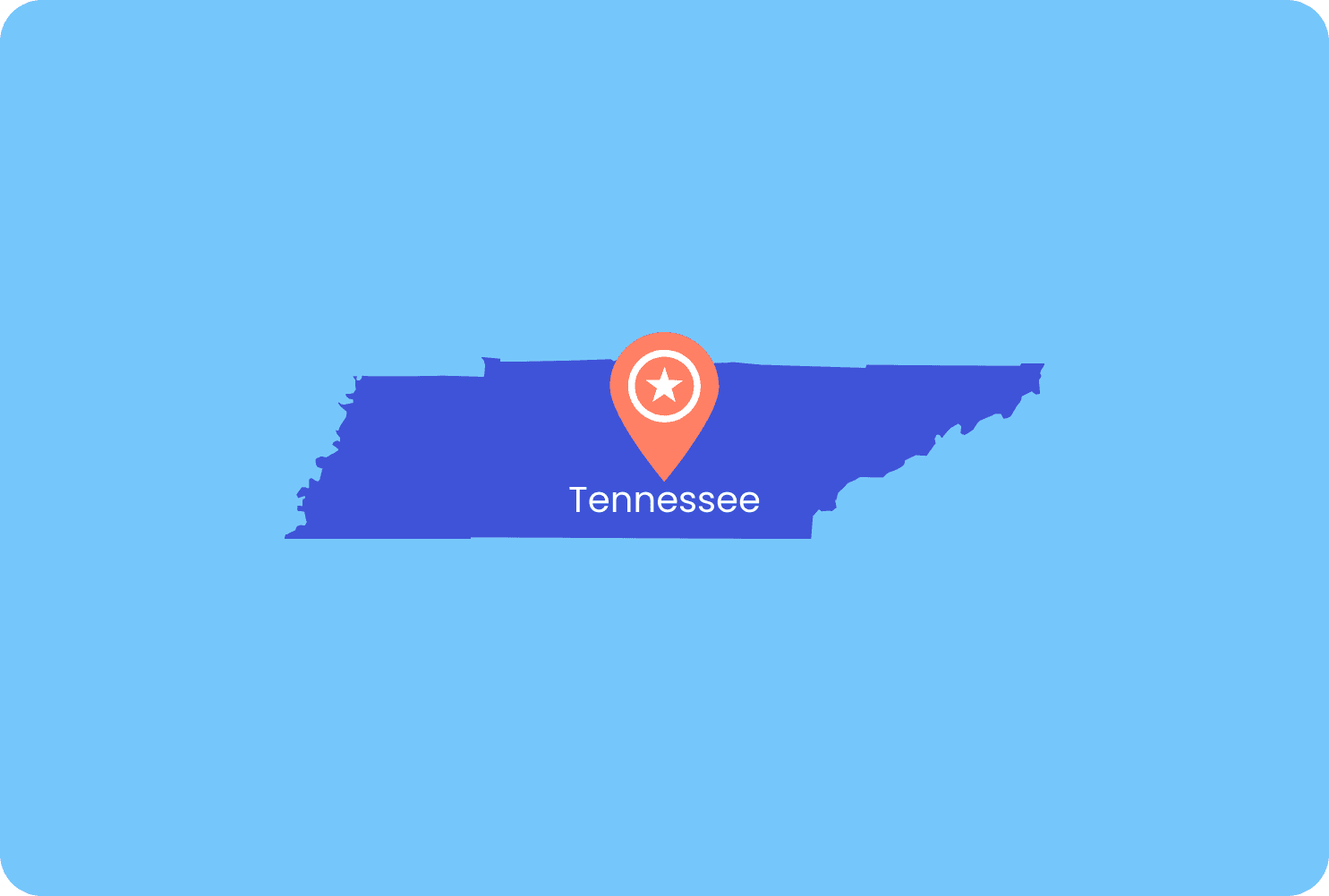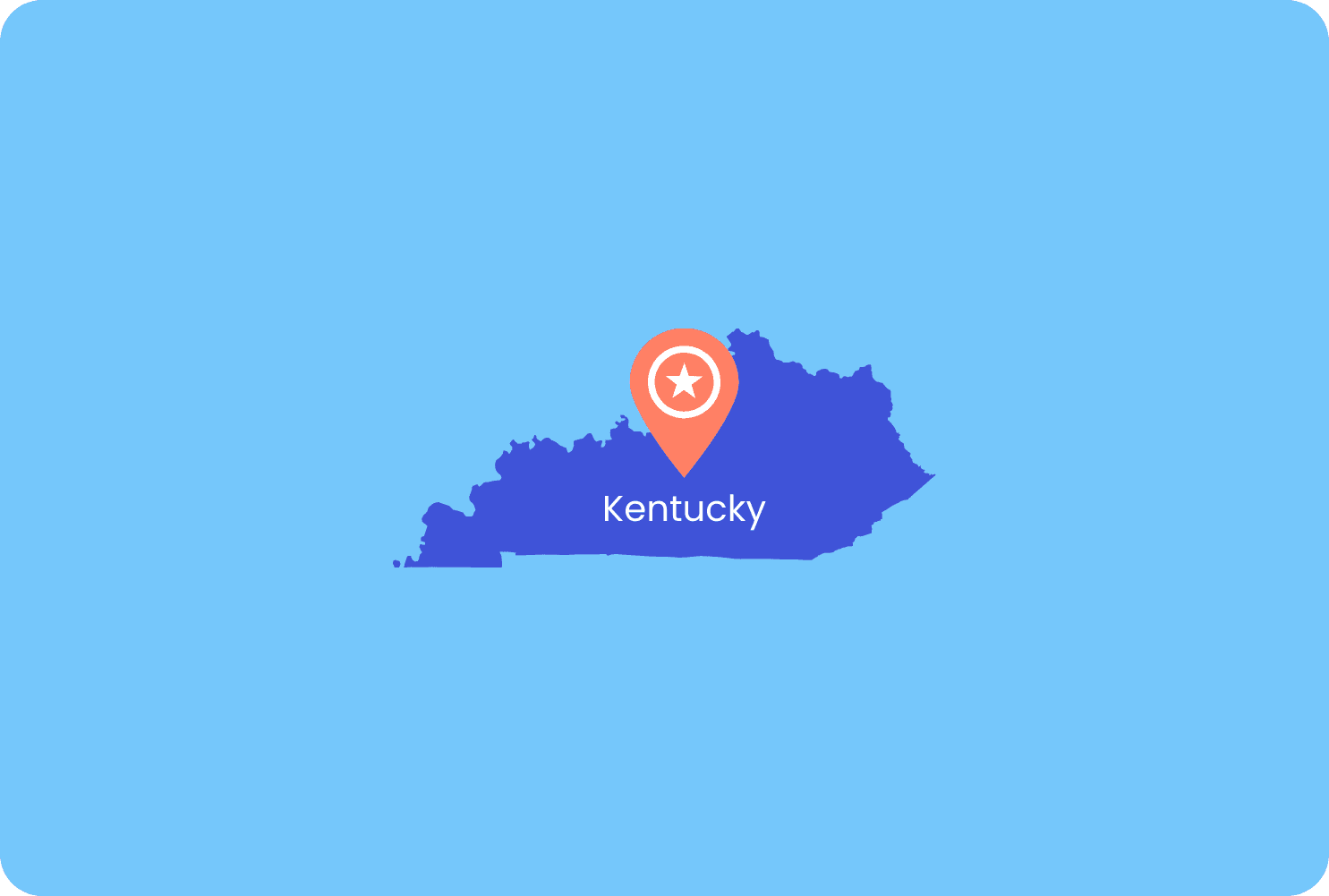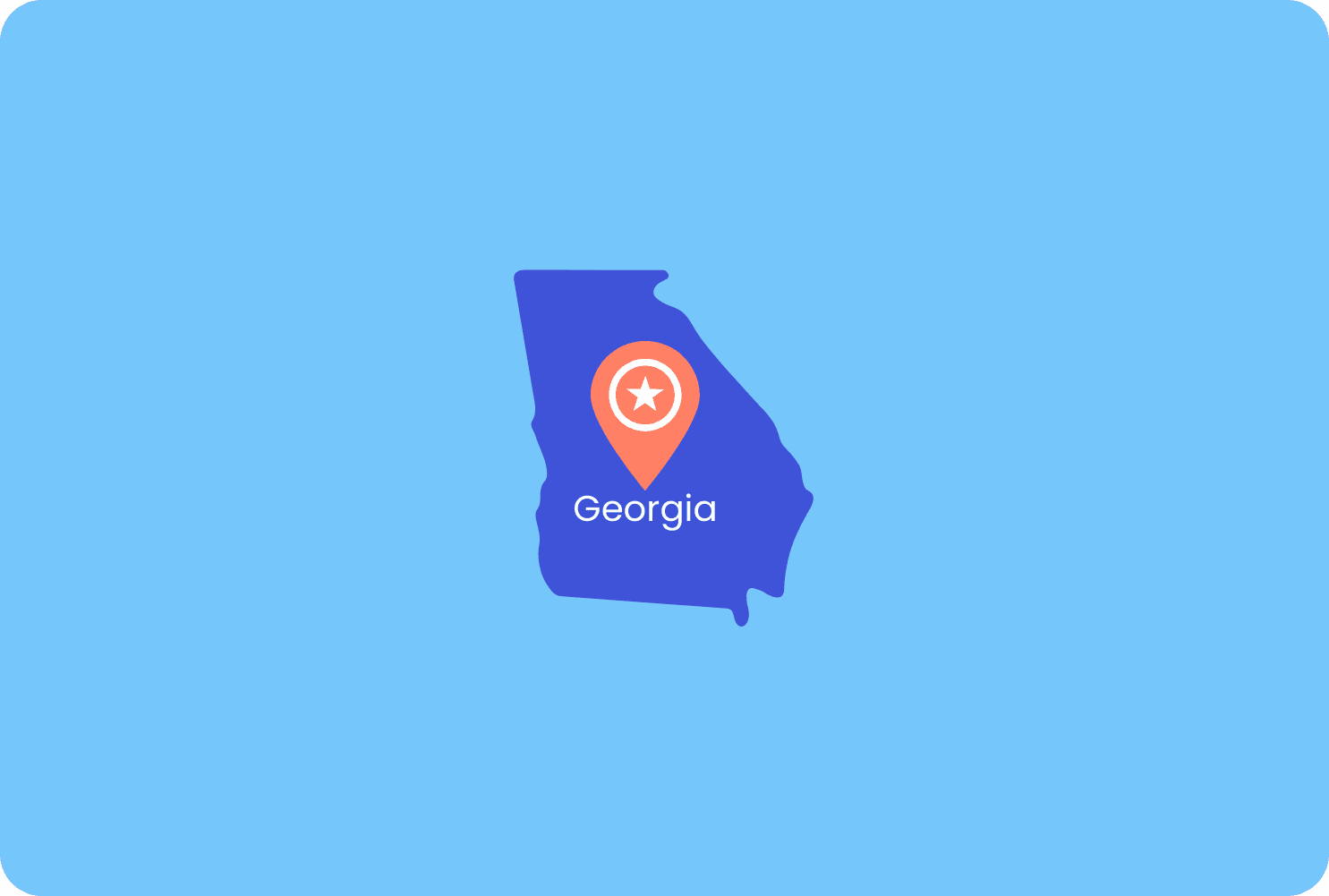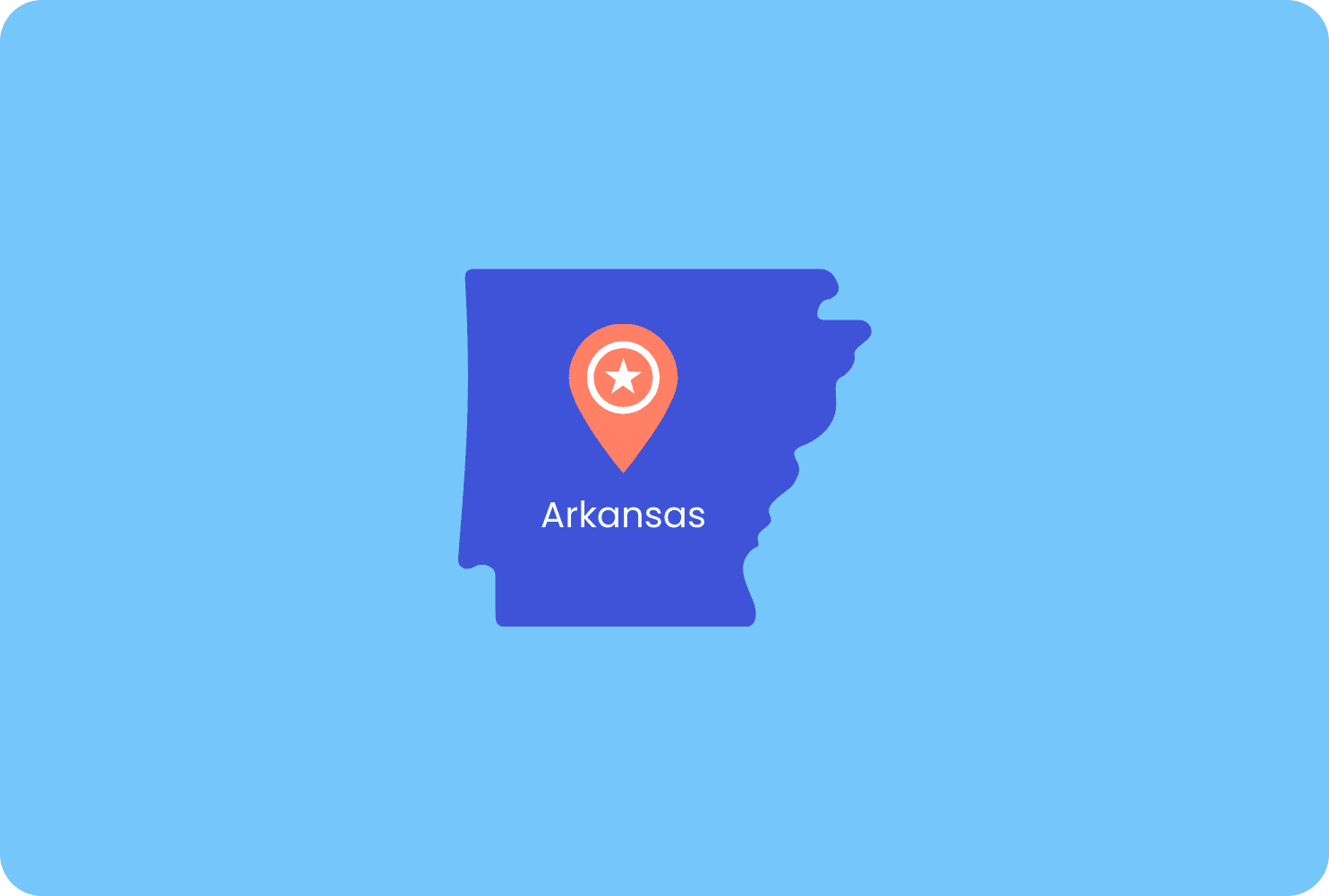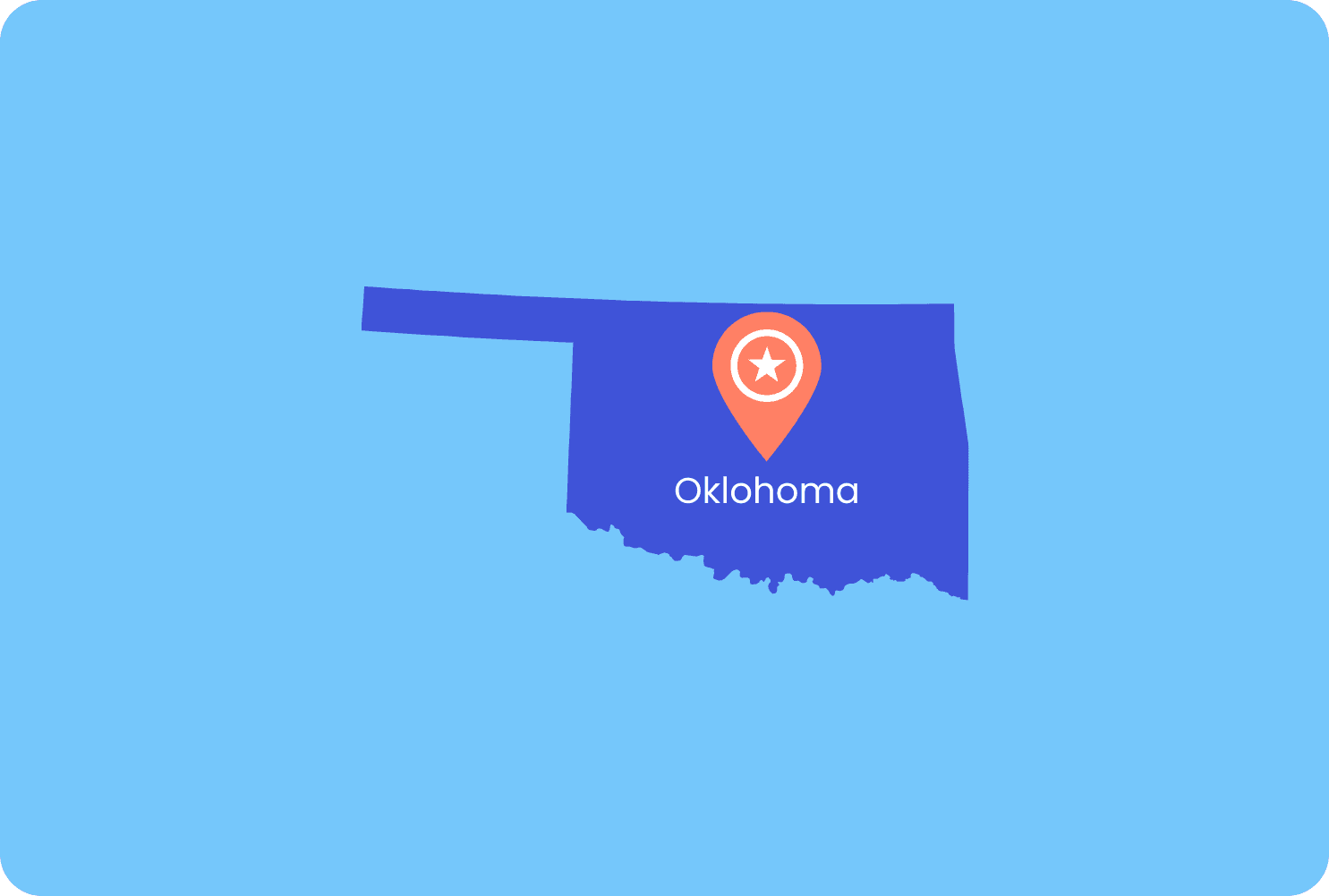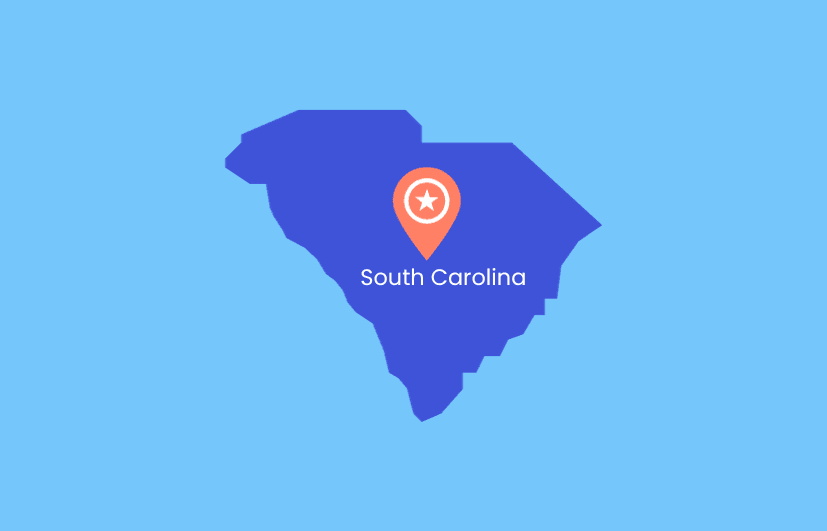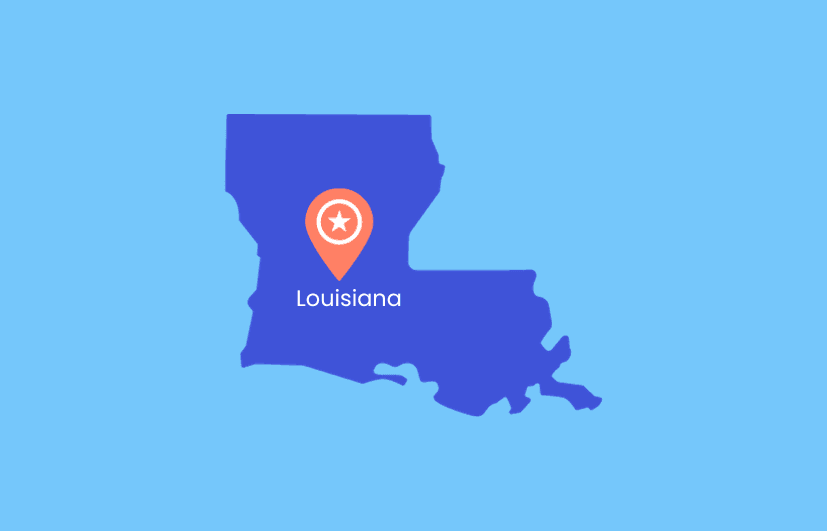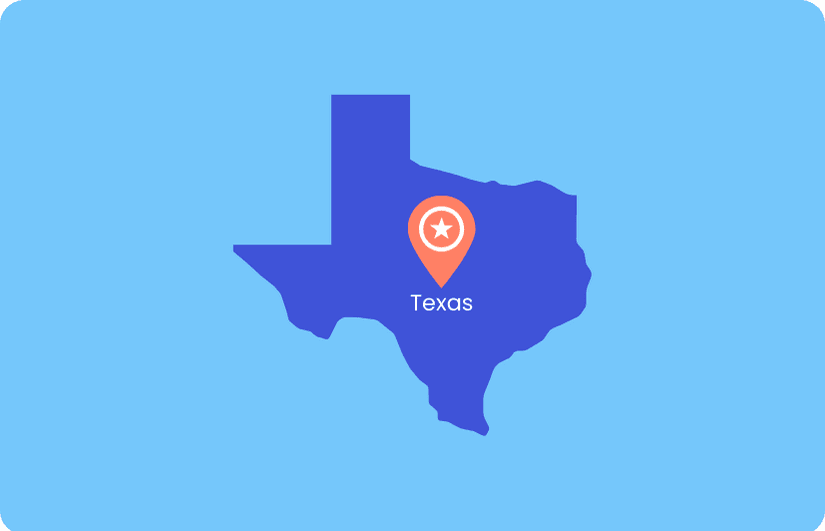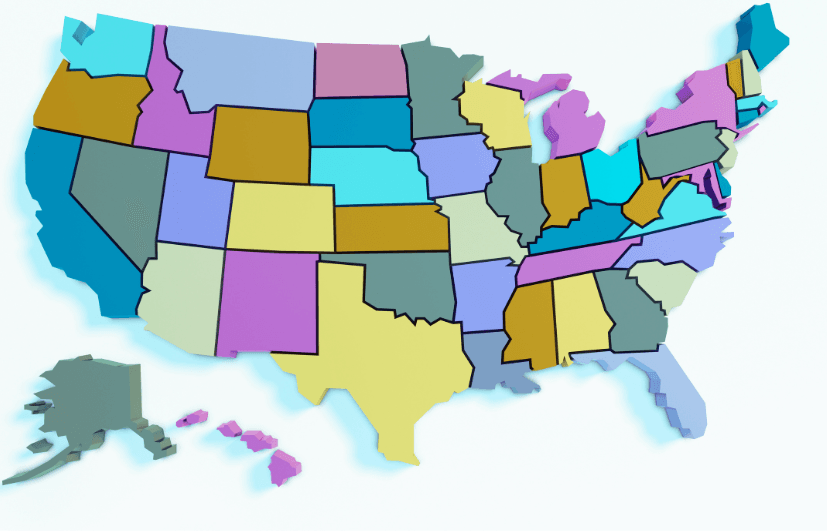Tackling Medical Debt in West Virginia: A Resourceful Guide
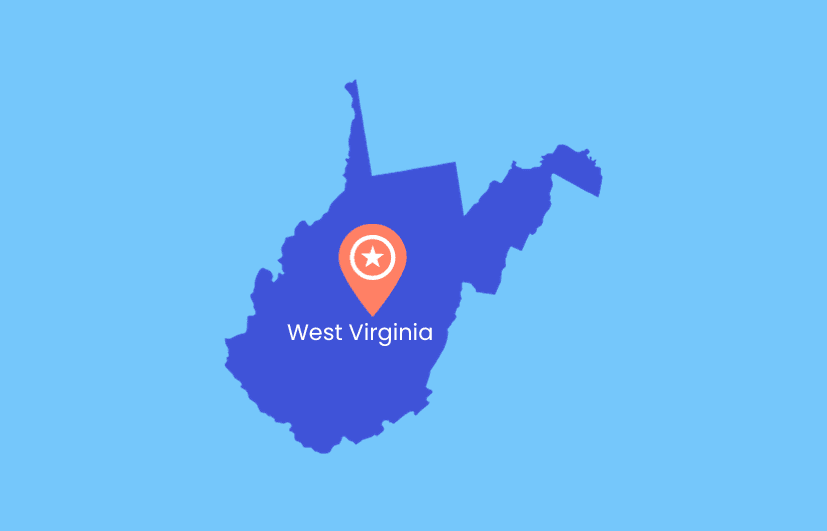
In West Virginia, as in many parts of the United States, medical debt is a significant concern for numerous households. The mountainous state, known for its rich natural resources, faces unique challenges in healthcare affordability and accessibility. This blog aims to shed light on the issue of medical debt in West Virginia and provide valuable resources to help residents navigate these financial challenges.
Understanding Medical Debt in West Virginia
West Virginia's healthcare landscape is marked by a few key characteristics:
Rural Healthcare: Many West Virginians live in rural areas, where access to healthcare can be limited, leading to delayed treatment and higher medical costs.
Economic Factors: With a diverse economic background, many residents face financial constraints that make them more vulnerable to medical debt.
Insurance Coverage: While West Virginia expanded Medicaid under the Affordable Care Act, there are still gaps in coverage and high costs associated with insurance.
Strategies for Managing Medical Debt
Know Your Rights
West Virginians should be aware of their rights when it comes to medical billing. The state has laws that protect consumers from unfair medical debt practices. Familiarizing yourself with these can be a first step in managing medical debt.
Negotiating Medical Bills
Don’t hesitate to negotiate your medical bills. Hospitals and providers may offer discounts or payment plans, especially if you are uninsured or underinsured. It’s always worth asking for a reduction or a more manageable payment schedule.
Seeking Financial Assistance
West Virginia offers several programs to help residents with medical debt:
West Virginia Medicaid: For those who qualify, Medicaid can be a crucial resource for covering medical expenses (West Virginia Medicaid).
Health Access Programs: These programs provide assistance to low-income individuals for healthcare services (WV Health Access).
Legal Assistance
For those overwhelmed by medical debt, legal assistance can be invaluable. Organizations like Legal Aid of West Virginia offer free or low-cost services to help with medical debt issues (Legal Aid of West Virginia).
Preventative Measures
Health Insurance Coverage
Ensuring you have adequate health insurance coverage is crucial. The West Virginia Insurance Commission provides resources for understanding and choosing health insurance plans (WV Insurance Commission).
Regular Health Check-ups
Preventive care is key to avoiding larger medical bills down the line. Regular check-ups and screenings can help catch health issues early, when they are typically less expensive to treat.
Resources and Support in West Virginia
West Virginia Health and Human Resources: Offers information on various health services and assistance programs (WV DHHR).
West Virginia Health Care Authority: Provides information on hospitals and healthcare facilities, including financial assistance policies (WVHCA).
Conclusion
Navigating medical debt in West Virginia requires a proactive approach and an understanding of the available resources. By staying informed, negotiating bills, and seeking assistance, West Virginians can better manage medical debt and mitigate its impact on their lives. Remember, seeking help early can make a significant difference in effectively handling medical debt.
Read similar articles


Not convinced you love us. We love a challenge.
Your satisfaction is guaranteed. Learn more about our Refund Policy.



